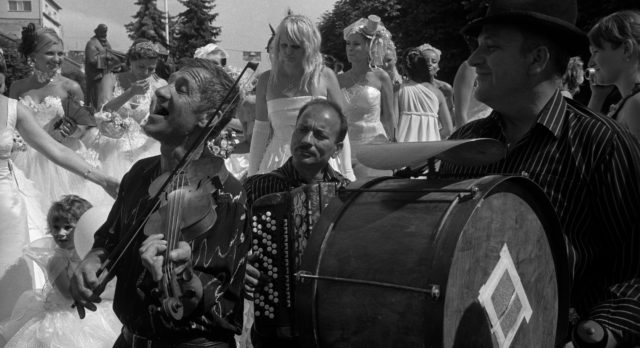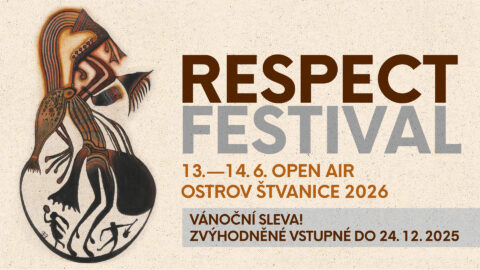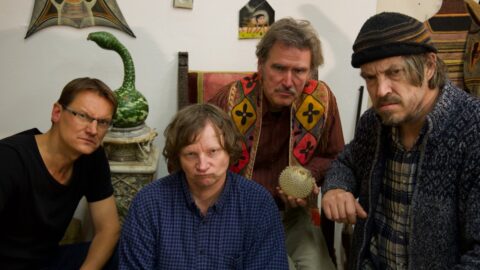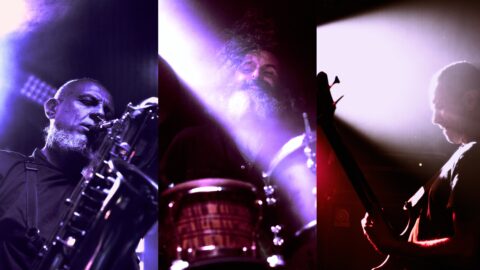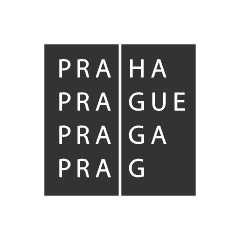It is a musical creation, which is not possible to be written down no by Bartok, neither by the conservatorium notes.
The mixture of Katya’s low, tragic and full of jokes voice and lovely melodies of Olya, sounds by Vasya, Vitalik, Serhiy, Yura and Volodya, dances and singing of all of them – all of these is proposed by Hudaki, but it never can be showed by the note signs on a paper. As we listen to Hudaki, we are whisked away to the Ukrainian Carpathians, where we witness a small transcarpathian village’s fortunes and misfortunes. Old-centuries ballads tell us vital histories about love and treason, friendship and war, as we learn of their age-old traditions and customs. Although these songs were never recorded, they live on through its people, surviving through centuries with little change. Hudaki’s sound is distinct, as it harbors an exotic blend of different nationalities and ethnicities, due to Ukrainians, Hungarians, Romanians, and Jews all once living in the Transcarpathian region. This music is therefore eclectic and unusual, as the transcarpathian region has been under the rule of six different countries within the past century. Village musicians have been playing since 2001. They perform in Kyiv, Lviv, Ivano-Frankivsk, other cities of Ukraine, have numerous tours in Europe (Austria, Switzerland, Germany, France, Holland, Slovakia, Poland).


